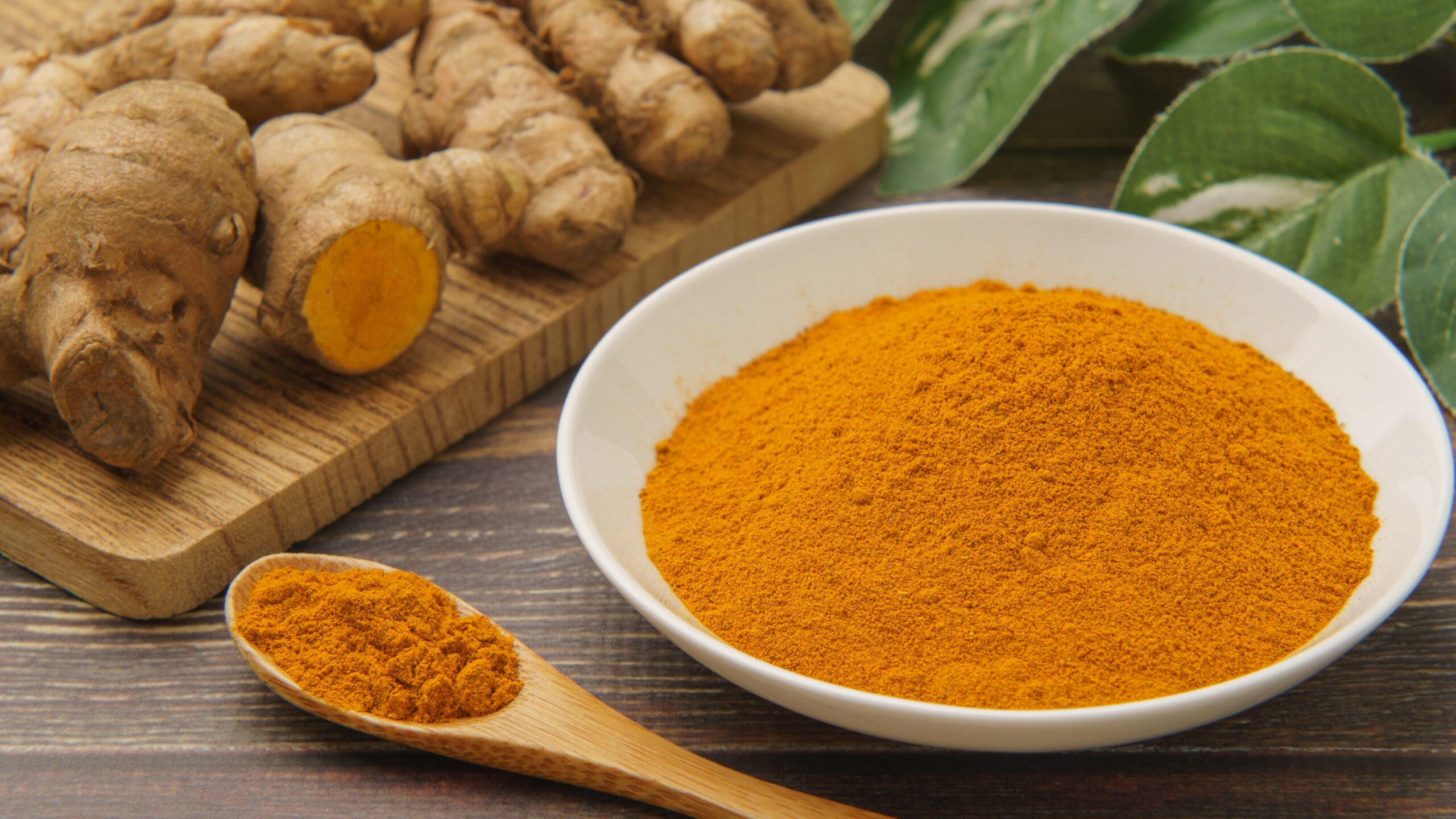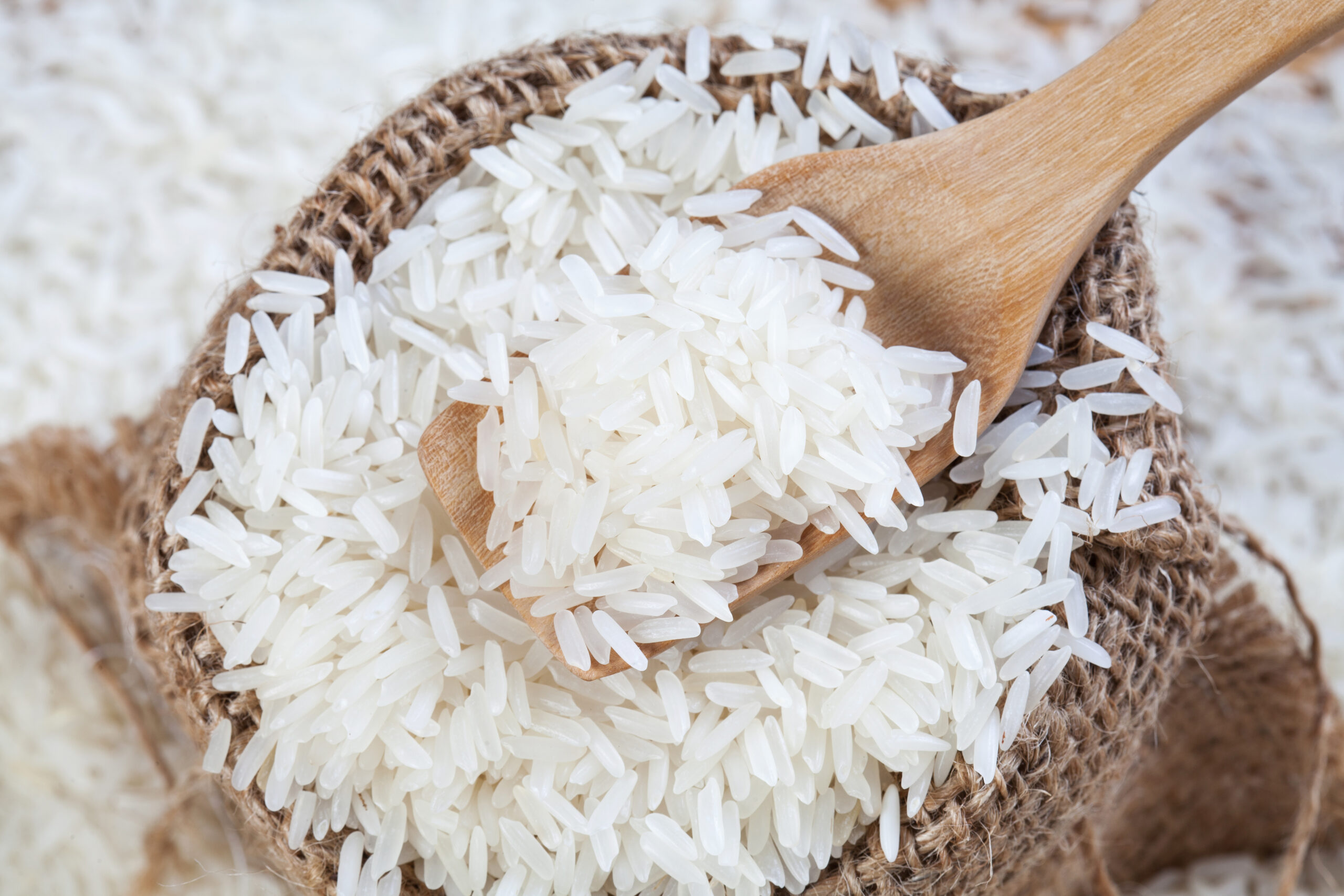Excessive turmeric supplements pose significant health risks, challenging its reputation as a simple health booster.
Story Highlights
- Turmeric supplements can lead to severe health issues, including liver injury.
- Moderate culinary use is generally safe and beneficial.
- Regulation of supplement quality remains a critical concern.
- Vulnerable populations face increased risks.
Risks of Excessive Turmeric Supplementation
Turmeric, widely hailed for its health benefits, can become harmful when consumed in excessive amounts, particularly through supplements. Recent studies highlight significant risks such as digestive upset, increased bleeding, and potential liver injury. These issues are prevalent among vulnerable groups like individuals with liver conditions and those on blood thinners. The surge in turmeric supplement popularity has prompted numerous warnings about these adverse effects.
Turmeric is highly overrated, potentially even dangerous. It's loaded with oxalates and can be toxic to the liver. pic.twitter.com/pV0JiZT0FF
— Carnivore Aurelius ©🥩 ☀️🦙 (@AlpacaAurelius) January 21, 2025
While moderate culinary use of turmeric is largely safe and offers benefits like anti-inflammatory and antioxidant properties, the concentrated forms found in supplements pose a different story. The supplement industry’s lack of stringent regulation leads to inconsistent product quality, heightening the risk of contamination and adverse health outcomes. This inconsistency remains a significant concern for both consumers and healthcare providers.
Watch a report:
Ongoing Regulatory and Health Concerns
Regulatory bodies like the FDA have increased scrutiny over turmeric supplements due to their potential health risks. Adverse effects reported include liver injury and lead contamination, making it crucial for consumers to source supplements from reputable suppliers. Despite the growing awareness of these risks, the demand for turmeric as a natural remedy continues to rise, driven by global wellness trends.
Recent public health advisories emphasize the importance of moderation in supplement use. Clinical guidelines now caution against high-dose turmeric, especially for individuals with pre-existing health conditions. Calls for stricter regulation and quality control in the supplement industry are becoming more vocal, highlighting the need for transparency and consumer education.
Expert Opinions and Recommendations
Experts across the medical and scientific community agree that while turmeric’s culinary use is safe and beneficial, its high-dose supplementation should only be undertaken with medical guidance. The absence of standardized dosing further complicates safe use, as varying product quality can lead to differing health outcomes. Researchers continue to advocate for more clinical trials to establish clear safe upper limits for turmeric supplementation.
Healthcare providers play a critical role in mediating between scientific evidence and consumer choices, advising patients on the safe use of supplements. As the supplement industry faces increasing pressure for quality assurance, both consumers and providers must stay informed about the potential risks associated with excessive turmeric use.
Sources:
Medical News Today (2024)
WebMD (2024)
PMC (2017)
PMC (2023)
Ohio State University Health (2024)













